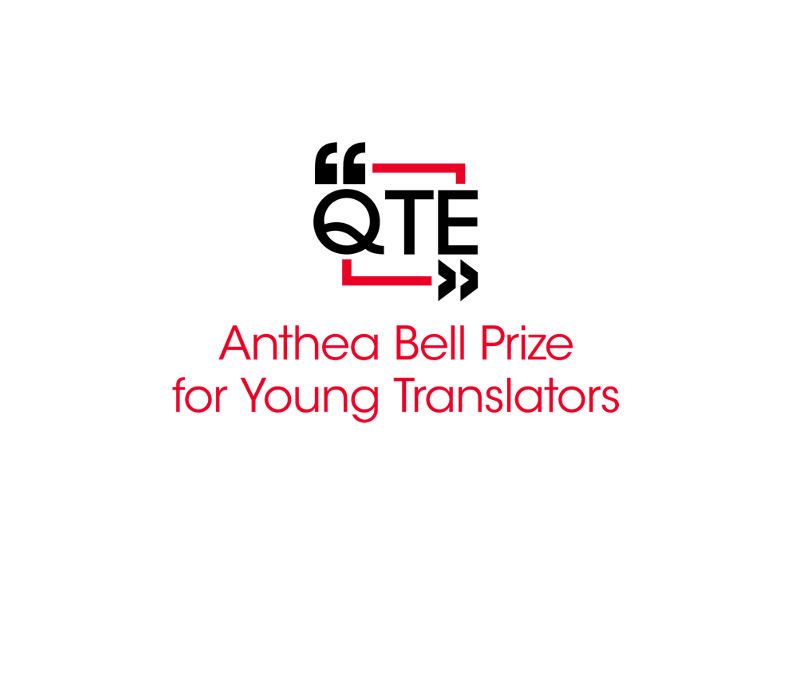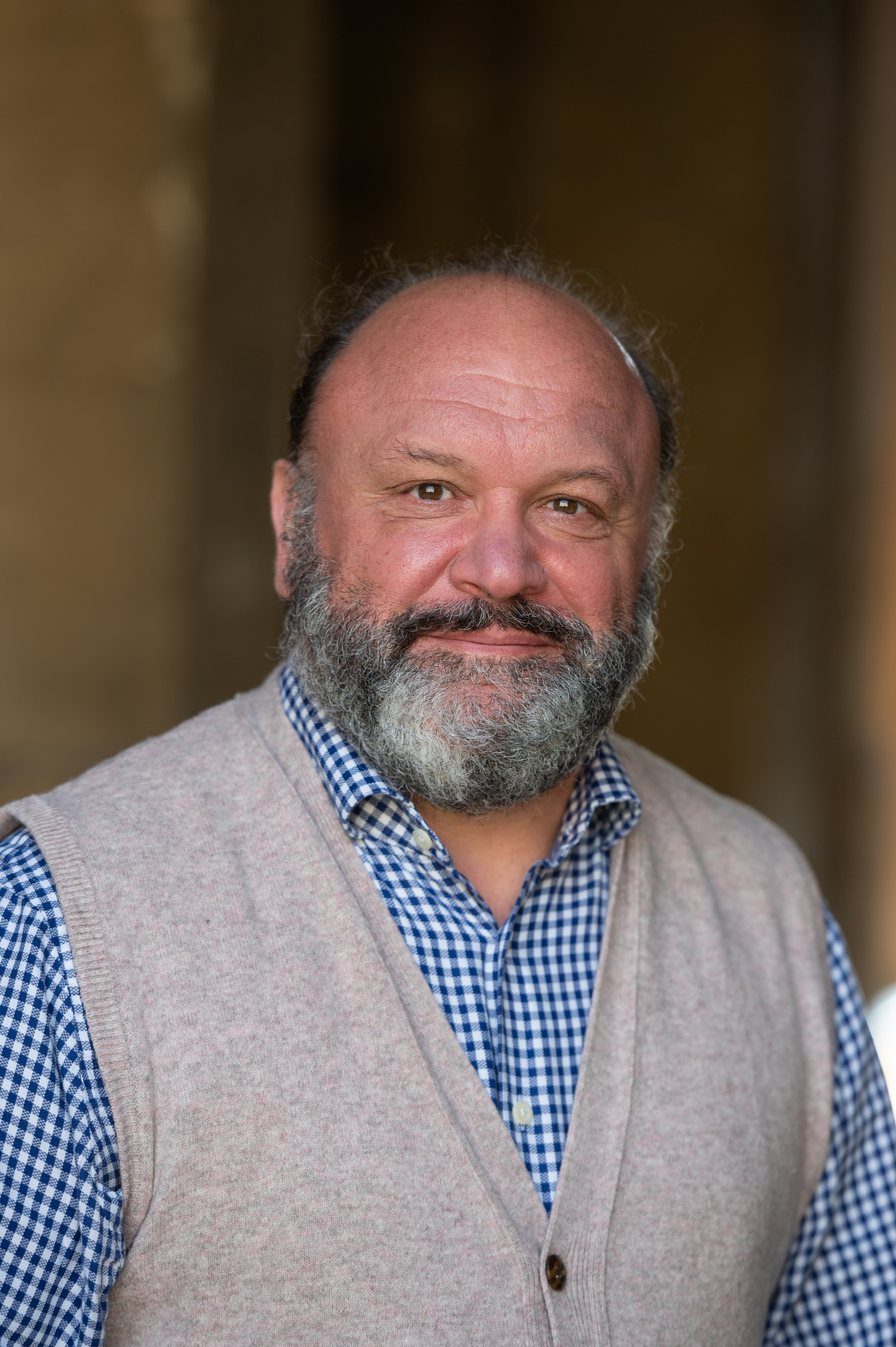The College warmly congratulates Mukahang Limbu (English and Modern Languages, 2019) who has won The Borough Press’ non-fiction open submission competition with his memoir, Egg-Fried Rice.
The open submission launched in January 2025 for un-agented writers of narrative non-fiction, in partnership with the Times and the Madeleine Milburn Literary Agency. There were over 250 entries and the judging panel, comprised of literary editor Robbie Millen, literary agent Emma Bal, and editorial, marketing, sales and publicity staff from HarperCollins, unanimously selected Limbu’s memoir as the winner. The book will be published in 2027.
We asked Mukahang to tell us about his shift from poetry to prose and what’s involved in his writing process.
You have won other prizes before but all for your fiction, specifically poetry, work. What is it like to be recognised in this new category and how much of a departure is non-fiction prose writing for you?
Prose is still relatively new to me. I don’t know it as well nor have I developed the same reflexes as I have for poetry, which I have been writing for almost a decade now. Even until the final year of University I was still discovering my voice, my confidence in prose, and this applies to my academic prose as well. So, to be recognised like this within a new form was extremely reassuring. It is almost like a shift in your career path, and sometimes you don’t know if you’ve made the right decision but recognition like this is an encouraging signpost that says ‘there is something that can be made from this path you have decided to take’.
I still write poetry, and it is inherently a part of my writing and has influenced my prose. Initially, my non-fiction felt boney and I was pedantic about every sentence and every word choice — they matter more immediately in verse — but now I use non-fiction as almost an expansion of my poetry. Over the years I felt that verse did not yield enough space, but prose does. However, it’s still incredibly tough. If poetry is a room, then writing prose is like building a house, and you need great stamina and endurance for that.
If poetry is a room, then writing prose is like building a house, and you need great stamina and endurance for that.
Your memoir is non-linear. What inspired you to adopt this structure and how does it reflect your personal experiences?
I write in a sporadic nature! Even if I structure my chapter as needing to go from destination from A to B, I often find that in between I go to a thousand different thoughts, locations, memories, jokes, and people. Prose naturally works on a chain of associations, and it is often really difficult for me to reach my destination because the journey is either just so wild, so fun, and so tempting to follow. Human experiences work like that: one moment it is sunny and the daffodils are out, but this is your lunch break, then you’re inside the office, and even within the office you might feel small moments of happiness that you’ve accomplished a certain task, which is immediately followed by the dread of what to cook for dinner, and then you’re sitting at dinner, doom-scrolling on your phone thinking about a remark that might have been taken the wrong way during an earlier meeting (for example).
It contains layers of timeframes: there is the boy ten years ago, the boy I was then helping to sort out our visas after my father’s abandonment, but the boy from ten years ago had his own way of thinking, remembering, and being during that time, and it is all framed by the current ‘me’ in the present, who is reconciling those difficulties, remembering, and even expanding and changing in real time. The composition of my prose is in motion with my current development as well as the reconciliations I am trying to make with the past. So, my prose generates like a natural mitosis of words, if that makes sense!
A memoir is deeply personal; how has the process of writing affected your personal growth?
I think writing has always helped me reconcile memories, incidents, or helped me feel better about something. Writing, as clichéd as it sounds, is better than any AI therapist. It is cathartic, it is like the externalisation of something (something like the exercise of writing out your feelings on paper and ripping it up to release anger), so writing this memoir has helped me unearth, deal with, and aggravate some of my experiences of racism, homophobia, and turbulent family life. I mean some chapters makes me feel anxious, like unearthing bits that you are just happy to let stay sublimated, but a memoir forces you to take out the dirty plates and bowls you’ve shoved under your bed and give them a good wash. My poetry has always been extremely personal, so I had tools to deal with something like this, but there is something about a memoir that makes you feel more vulnerable, more visible—you just can’t hide! But I guess that’s okay.
You mention the importance of bringing hidden stories to life, especially concerning the Nepali diaspora. What aspects of this community’s experience do you feel are most vital to share with a broader audience?
If you’re living in Oxford, you should know about the Nepali community:
Walking amongst the cobbles and rushing to catch the bus under the shadow of the sandstone spires of the various colleges in Oxford is a huge population of Nepali people. They are the ladies in bright hats and thick fleeces in the winter working as ‘scouts’ (what they call the cleaners in the University); they are the smiley bus driver uncles who wave to you as they drive past or who question why you’re not studying ‘Maths’ or ‘Science’ or ‘Business’; there are aunties who gossip as they trek to the travel lodge on the outskirts, who have now worked their ways up to supervisor positions; they are the ones selling momos (although they’re not as good as my mother’s) in the Gloucester Green open air market for uni students to buy from. In the underbelly of Oxford, there is an entire Nepali community that makes the ancient and limestoned world go around.
I simply want to write about them, the problems we’ve faced within our communities, the fights we’ve had, and despite all the disagreements how we still turn up for one another. There isn’t necessarily these specific few things that have to be discussed or examined, I just want to write about my community in a human, natural way, and alongside that hopefully give context to how there is such a huge Nepali diaspora in the UK. Hopefully through these stories, I can talk about the Gurkhas and the vast array of stories from my childhood. Put simply, I want to write that Nepali people are here and there, we have our crazy anecdotes, and let’s just write ourselves out there.
Are there particular writers that you look up to or that have influenced your work and can you recommend a book?
Prose-wise there a few writers who have been my guides of sorts:
- Édouard Louis – (you have to read) A Woman’s Battles and Transformations, The End of Eddy.
- Annie Ernaux – A Man’s Place (and everything else)
- Elena Ferrante (Neapolitan Quartet) – her prose is sooo inspiring to me! Her prose is everything, the energy, the mastery! Just incredible!
- Deborah Levy – The Cost of Living
- James Baldwin – If Beale Street Could Talk (the prose is gorgeous and this book makes you believe in love)
Having achieved recognition in both poetry and prose, what guidance would you offer to emerging writers navigating their own paths?
Depending on the writer the advice can vary, but mainly I think everybody should try and find a mentor or a community who will scrutinise, question, love your words, side by side as you write. Also, recently I have been giving this advice to a lot of emerging writers: don’t think, just do! People can get preoccupied with what they’re going to write about – they get carried away with thinking about it too much, being anxious about whether this idea they have is good or bad – but honestly if you’re spending your time thinking about an idea, trying to make it amazing and cool and different, you’re not actually writing. Time spent thinking is time spent not putting words down. Take the chance! Just write it already!
Take the chance! Just write it already!
What projects are you keen to pursue next?
Arghhh! I think I will try and finish this, but my restlessness means I’m always thinking about other things I want to do (maybe it’s commitment issues – haha! – because having to devote myself to this one thing is kinda overwhelming). I want to work on my poetry collection, and maybe on some screenplays next, but let’s try and complete this first.
Look out for Mukahang’s memoir in 2027. In the meantime, you can read his work here: https://www.outspokenldn.com/shop/limbu.
Header photo by Aaron Hammond Duncan



